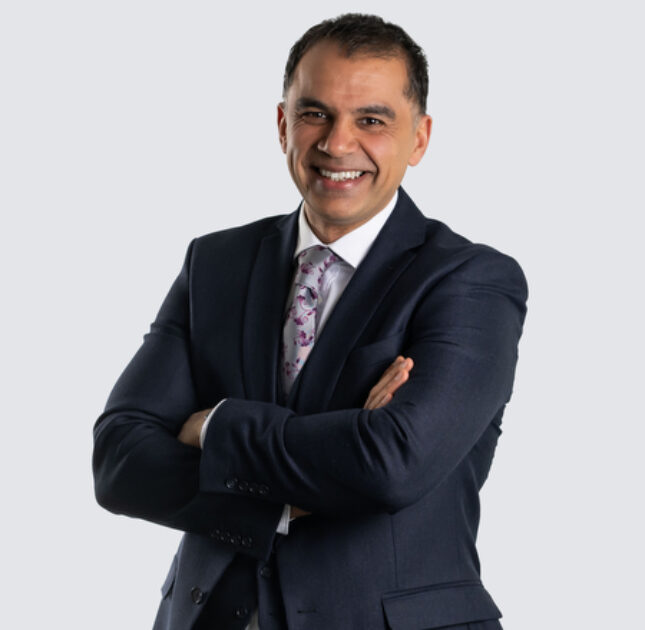Understanding life ‘on a good day’
This week marks Action for Brain Injury (ABI) Week – an important initiative led by Headway to increase awareness and understanding of acquired brain injury.
This year’s theme, ‘On a Good Day’, highlights the fluctuating nature of brain injury and how the challenges someone faces are not always visible, even when they appear to be coping.
An acquired brain injury can occur as a result of road traffic incidents, incidents at work, assaults, falls, strokes, or medical events. The effects are often life-changing with impacts on memory, mood, concentration, fatigue, and the ability to engage in daily activities. What a person can manage on a good day may mask the extent of their difficulties on others.
These inconsistencies can lead to misunderstandings, isolation, and a lack of proper support. As serious injury solicitors working with clients affected by brain injury, we understand how vital early rehabilitation, long-term care, and community inclusion are to recovery and quality of life.
We understand that life after a serious injury doesn’t simply continue, it changes in ways that are complex, emotional and often misunderstood. One such injury that can profoundly affect both the individual and their loved ones is an Acquired Brain Injury (ABI).
Conversation with Joseph and Tracey
Anu Manda, Associate in our Serious Injury team, recently spoke with our client Joseph, who sustained a traumatic brain injury, and his wife Tracey, about how life has changed for them.
Q: Joseph, how would you describe a good day now compared to before your injury?
Joseph: A good day now is simple and structured but having time to do things at my pace. I’ve got better at knowing my limits.
Q: Tracey, what does a good day look like for you, Joseph and your daughter now?
Tracey: A good day is when he hasn’t got fatigue, he doesn’t lose his temper. There are no outbursts. Sometimes it’s easier to just do what he wants to do for an easier life and just, you know, let him think he’s made the decisions.
If everything goes according to his plan, he’s happy. But if it doesn’t go to plan, that’s when he gets very worried and anxious and you know, it upsets him then because he can’t think of a Plan B or plan C. Before the injury, he was a totally different person. He was capable and didn’t require my assistance for much at all. Now it’s as though he’s afraid to do things on his own because he gets things wrong and he doesn’t fully understand everything. He no longer has confidence in himself.
Q: Joseph, has it taken you time to learn to pace yourself?
Joseph: The first two years coming out of hospital I didn’t really understand what fatigue was. It took me a couple of years to kind of get my head around fatigue. It still hasn’t gone, my fatigue. I need to have an afternoon nap most days. It rules my life. If there’s one thing I wish I could change, it’s fatigue.
Q: Tracey, how would you describe your journey as a partner and carer?
Tracey: It’s been a rollercoaster. There’s lots of ups, downs, dips, and you just don’t know what you’re going to get day to day. You’ve just got to live a different way. I know it’s difficult to try and forget your previous life, but if you can forget it, I think it’s easier to live this new life and you can accept that it’s different.
Q: What would you want other families to know about what it is like to support somebody after a brain injury?
Tracey: You have to adapt a lot and you have to get used to a new normal, and everybody’s new normal is going to be different.
Sometimes you are walking on eggshells, and you’ve just got to learn to balance things and learn to bite your tongue, and not quite say everything straight away. You’ve got to accept that the person you knew is different to the person they are now, and you’ve just got to accept the new person.
As soon as you can sort of accept that new normal and get used to that new routine, then things become easier for you to go forward and continue to live.
Q: Joseph, what are you most proud of since your injury?
Joseph: Getting through it. I’m proud of pulling through the other side. And I wouldn’t have done it without Tracey. She’s got a heart of gold and the patience of a saint. I’m a bit verbose now ( after my injury), but I’m here and I’m living my life.
Cari Sowden-Taylor, joint head of the national Serious Injury Team commented:
“We are privileged to support individuals like Joseph and Tracey. Their strength inspires us, and it sharpens our focus on delivering outcomes that truly make a difference.
We are proud to support charities such as Headway, the Child Brain Injury Trust, and the PROP Appeal – organisations that work tirelessly to improve outcomes and raise awareness for individuals and families living with the effects of brain injury. Whether through fundraising, awareness campaigns, or collaborative events, we are committed to supporting their vital work.
ABI Week is a timely reminder of the resilience of those living with brain injury and the importance of listening to lived experience.”
As serious injury solicitors, we are recognised specialists in the field of brain injury litigation. We are dedicated to helping our clients secure the support, rehabilitation, and compensation they need to rebuild their lives – not just on a good day, but every day.

